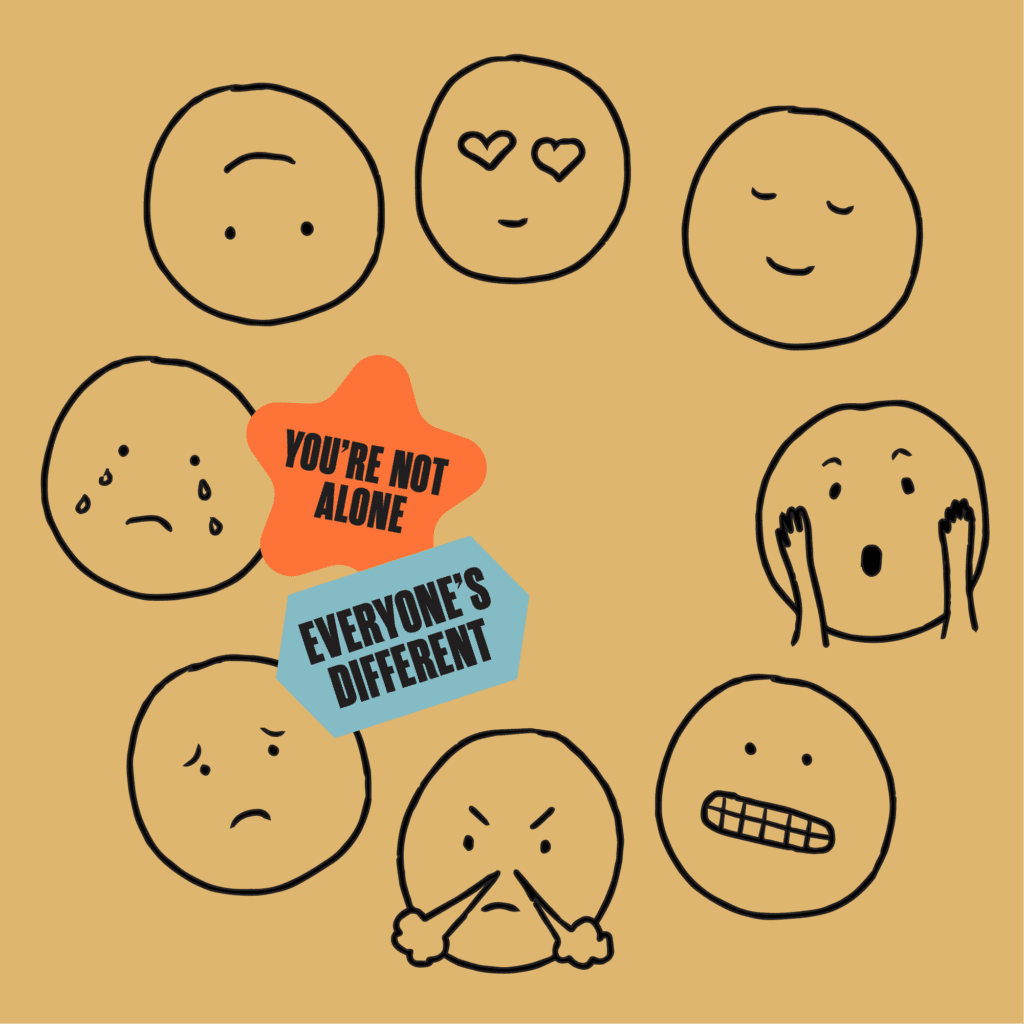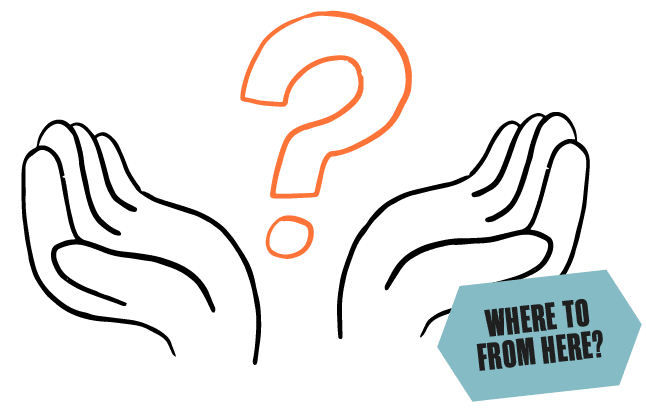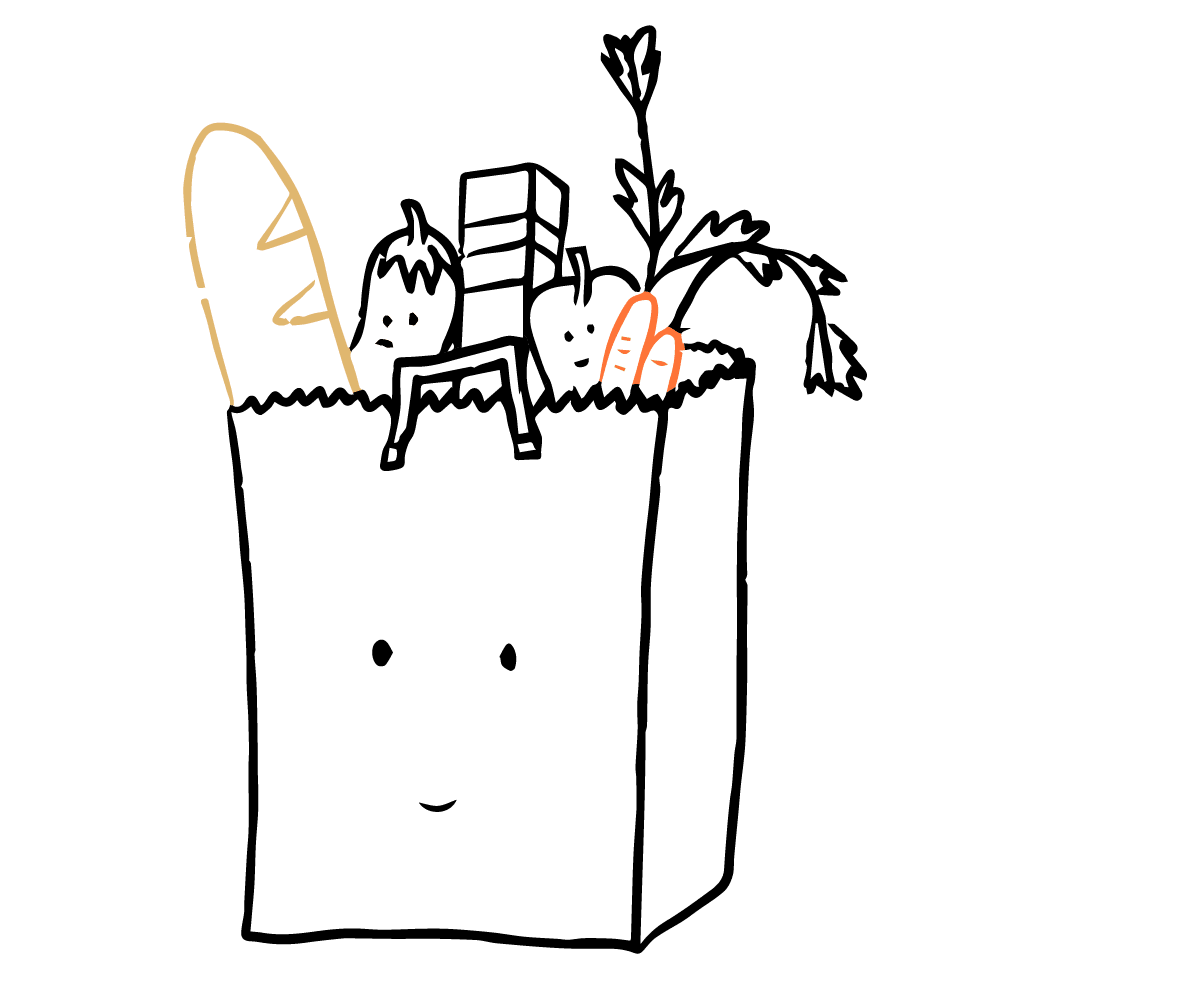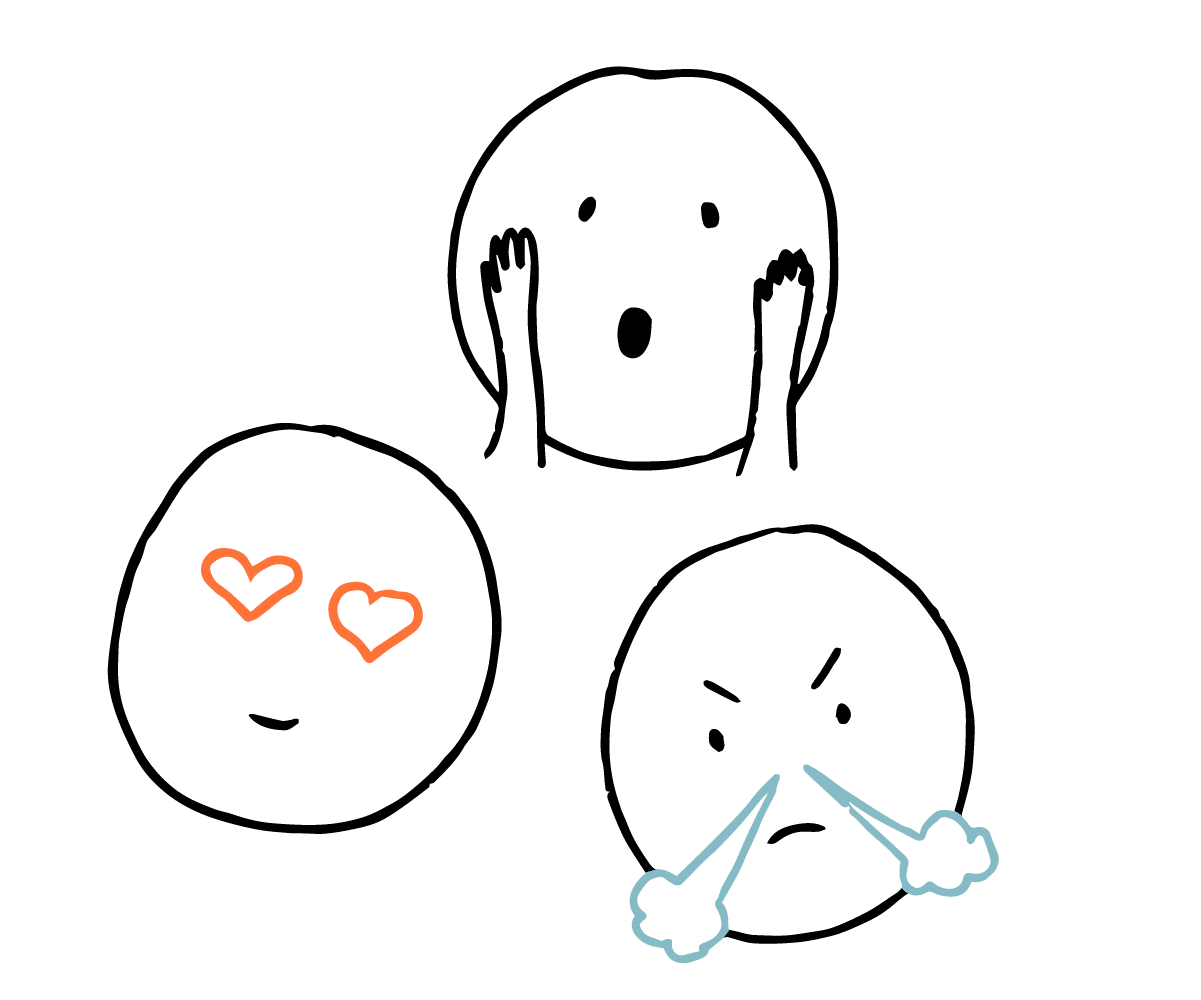A patient’s guide to
Life After Cancer
Life after cancer can be messy, confusing, and looks different for everyone. Just because the cancer is “gone,” doesn’t mean it doesn’t still affect you. We’re here to help you make sense of that.
Life after cancer can be messy, confusing, and looks different for everyone. Just because the cancer is “gone,” doesn’t mean it doesn’t still affect you. We’re here to help you make sense of that.


You get to decide for yourself what life after cancer means. It might feel right to consider yourself “after cancer” once you complete your final treatment, reach a certain number of years without recurrence, or are officially in remission. Or maybe you don’t even like the term “after cancer” because it feels like cancer will always be a part of you. It’s your journey and you get to define it for yourself.
How you refer to yourself when you’re done with cancer treatment is completely up to you. Some people feel good with “survivor,” while others call themselves “patient” for the rest of their lives. There are also some people who refer to themselves as a “survivor” the day they are diagnosed with cancer to acknowledge that they are surviving it.
There’s no one right way to deal, and that includes life after cancer. So, no matter how you feel about the word “survivor,” and even if your loved ones are ready to celebrate your cancer being behind you or your medical chart says that your cancer is gone, it’s completely normal to still feel residual physical and mental health effects of your cancer.

If you finished treatment a few years ago or longer, your immune system has likely kicked back into gear. This is dependent on the type of cancer you had, the treatment you received, and any other medical issues you have that also affect your immune system. Your medical team can let you know what precautions you do or do not need to take to continue to stay healthy.
Making healthy choices will help lower your chances of remission or of being diagnosed with another cancer.

It is completely normal to have complicated feelings about what life after cancer means for you. Having cancer can be stressful, frustrating, and overwhelming, and a lot of times those feelings don’t go away overnight.
Whether you’re grieving your time lost to dealing with cancer, the impact cancer had on your body, or the relationships and things in your life that have changed due to cancer, it’s normal to feel grief in connection to cancer. Learn more about the 7 Stages of Grief here.
You’ve been through a traumatic experience, so it’s normal to feel fear connected to cancer. You might be afraid that your cancer could come back or it could feel scary to have less frequent appointments with your medical team now. Fear and anxiety go hand-in-hand, so try coping techniques that can help you manage both, like therapy.
There are a lot of things to be afraid of when it comes to cancer. You’ve been living in that fear for a while, so it makes sense that some of it might follow you to life after cancer as well. It’s normal to feel anxiety when you need a medical test or any time you notice a minor symptom. Try to use coping mechanisms like meditation, journaling, or joining a support group.
Your life has changed due to cancer. Your body probably looks and feels different, your relationships may have been strained, and your finances may feel daunting. Trying to find your new normal after cancer can feel frustrating when everything feels different. Talking to someone who understands what you’re going through, either a mental health professional, survivor support group, or a peer, can be incredibly helpful.
Despite its challenges, cancer can also shine a light on all you have to feel grateful for. Cancer could have brought you closer to loved ones, shown you how strong you are, and helped you appreciate life more fully. If you don’t feel grateful, don’t try to force it.
Cancer is hard. Visit our library to help navigate cancer’s impact on your heart, body, soul, and everything in between.